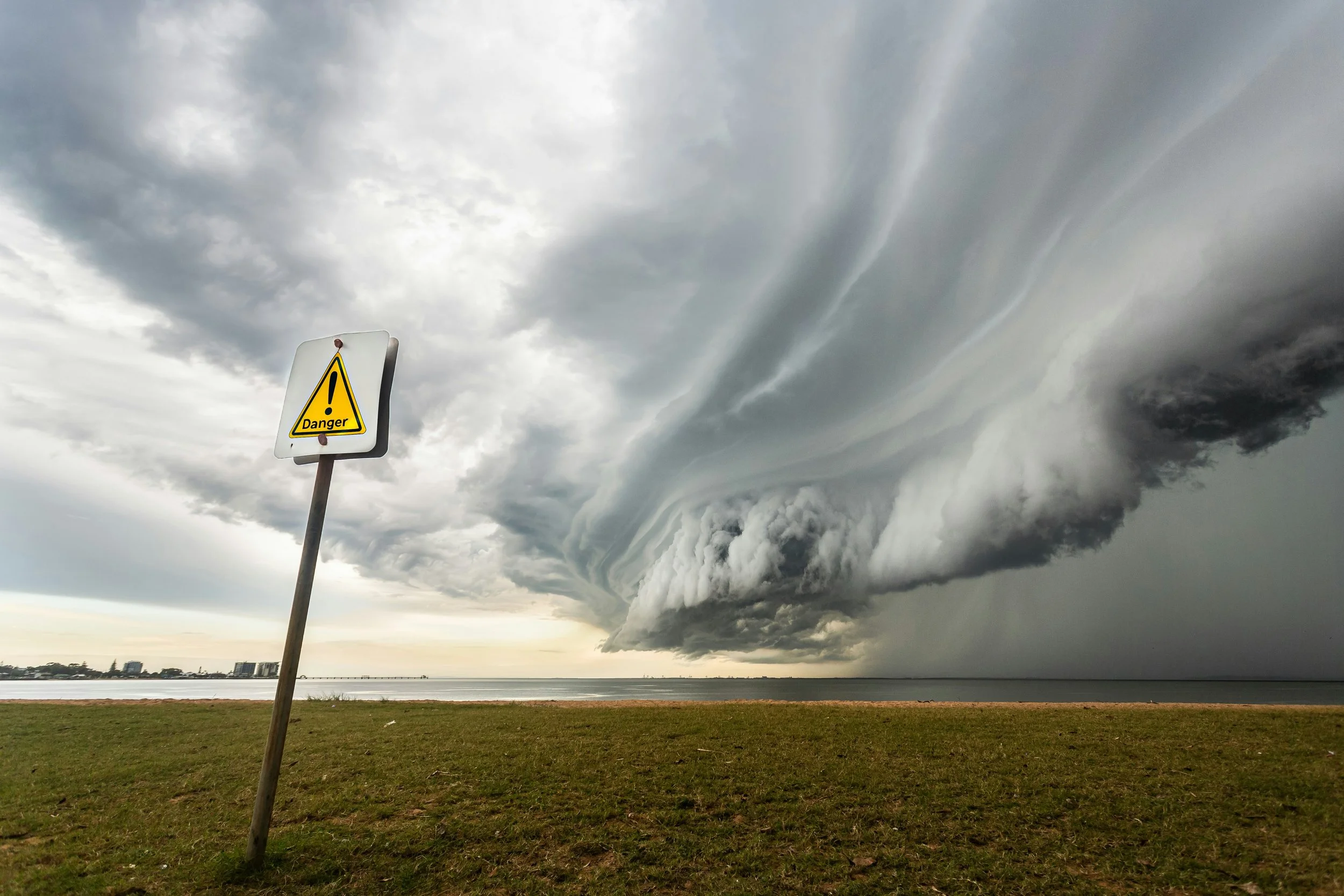
Zuisei's Writing
Writing
Subscribe on Substack to Living Dharma to receive Zuisei’s short writings directly in your inbox.
Scroll down to see a selection of articles, including those originally published in Tricycle Magazine, Buddhadharma, and Lion’s Roar.
Books by Zuisei


Find Zuisei’s dharma books, Still Running: the Art of Meditation in Motion & Weather Any Storm, at Shambhala Publications. Also available wherever you shop for your books.
Featured Article
The Eight Worldly Winds
This article originally appeared as a series in Tricycle: The Buddhist Review, Winter 2024 – Fall 2025.
The Buddha identified eight “worldly winds”—also called the eight conditions, vicissitudes, obsessions, preoccupations,or worldly dharmas—as the tethers that keep us spinning within the wheel of samsara. They are four pairs of opposites: gain and loss, fame and disrepute, praise and blame, and pleasure and pain.
The first pair, gain and loss, keeps us chasing what we want and holding tight to keep it. Whether we’re seeking health and wealth or love and longevity, our hope for gain and fear of loss blows us this way and that, like wind whipping saplings in a storm. But, as is also true of wind, the nature of all things is to flow and change. So to work with gain and loss we cultivate first acceptance of the fact that things don’t last, followed by gratitude and appreciation. Instead of focusing on what we lack, we can be thankful for all the many things we still have and are able to enjoy. Just as wind needs a motivating force—temperature, air, pressure—desire has no power on its own. When we feed (read the full article)
“Equanimity is a teaching not only of poise but of grace, a deep knowing that life will not stand still for any of us, and that to rely upon stability is a recipe for agitation and anxiety.”
— Christina Feldman
When we pair the three doors of body, speech, and mind with the three sila factors: right speech, right action, right livelihood, we have instructions for good and ethical living
The practice of right relationship rests on the acknowledgment of our interdependence
We suffer because we have what we don't want, we want what we don't have, or we have what we can't keep
The practice of contemplating the koan Mu as the vehicle for the realization of our buddha nature
Despite our insistence in finding fault everywhere, life is not but. Intrinsically, life is and
Emptiness isn’t a void; it’s a container brimming over with possibilities
The four bodhisattva vows are impossible—and it’s in this impossibility that their power lies
Stop, soothe, shift: three steps that help us do what helps, not what harms
Syzygy is the alignment of celestial bodies. In Buddhism, it’s Indra’s Diamond Net
Perhaps to be silent is to know that true intimacy can only be reached in silence
What did the Buddha mean when he taught: “This is not me, this is not mine, this is not myself”?
We all want to know that we are fundamentally okay, independently of others opinions and judgments
A bodhisattva needs to be both tender and fierce in order to use anger as a pure form of care
Interdependence is not unlike the entanglement of particles that “know” one another’s actions
We sit zazen, not to change the world, but so that the world, with is confusion and conflict, won’t change us
Sacred space is the place where, leaving safety behind, we create the unimagined.
What does it mean to “shelter in place” when the shelter is the Three Treasures of Buddha, Dharma, and Sangha?
In the words of Zen master Dogen, shikantaza is the “gate of ease and joy”—an easeful, clear, quiet meditation
The four immeasurables of loving-kindness, compassion, joy, and equanimity as a science of compassion
The Three Essentials of Zen are great faith, great doubt, and great determination—qualities needed to keep our practice alive
If you benefit from Zuisei’s writing or teaching, please consider sponsoring Living Dharma on Substack or offering a donation. Please know that even small gifts make it possible for Zuisei to devote time and resources to this work. Thank you, always, for your presence, your practice, and support.
*Banner photo by Johnny Briggs































It’s incredibly rare to have been born human, to have encountered the dharma, and to be able to practice it